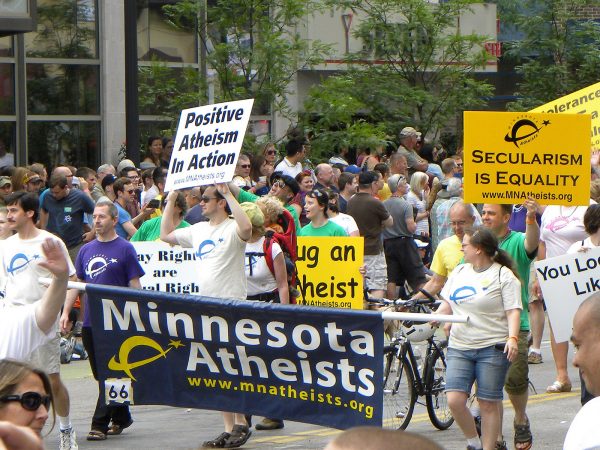
Social scientists assume that people want to feel certain about their beliefs and identities and that religion helps people find this sense of security. Thus, the modern rise in people who do not identify with a religion must have led to increased anxiety, depression, or social isolation. However, in this new article, Jacqui Frost demonstrates that some nonreligious people have certainty in their beliefs and others experience uncertainty as positive and motivating.
Frost found that some nonreligious individuals felt certain in their beliefs. For some, this confidence led them to join nonreligious organizations and have frequent discussions about their beliefs. Other nonreligious people were sure in what they believed but did not consider these beliefs important in their daily life.
Other nonreligious people in Frost’s study were not sure what they believed, but were okay with that. These individuals found the uncertainty associated with their nonreligious beliefs to be “freeing.” For these nonreligious people, not being sure about their religious beliefs motivated them to remain skeptical and ask questions throughout their life. Their embrace of uncertainty turned some of these individuals away from nonreligious social and political groups whose beliefs and values they found too narrow and specific.
Popular culture suggests that the decline in religious affiliation is one sign of increasing social chaos. However, Frost’s new article shows that uncertainty is not always a bad thing. Rather than being anxious and socially isolated, nonreligious people find meaning and connection whether they are sure, or not-so-sure, what they believe.

Comments